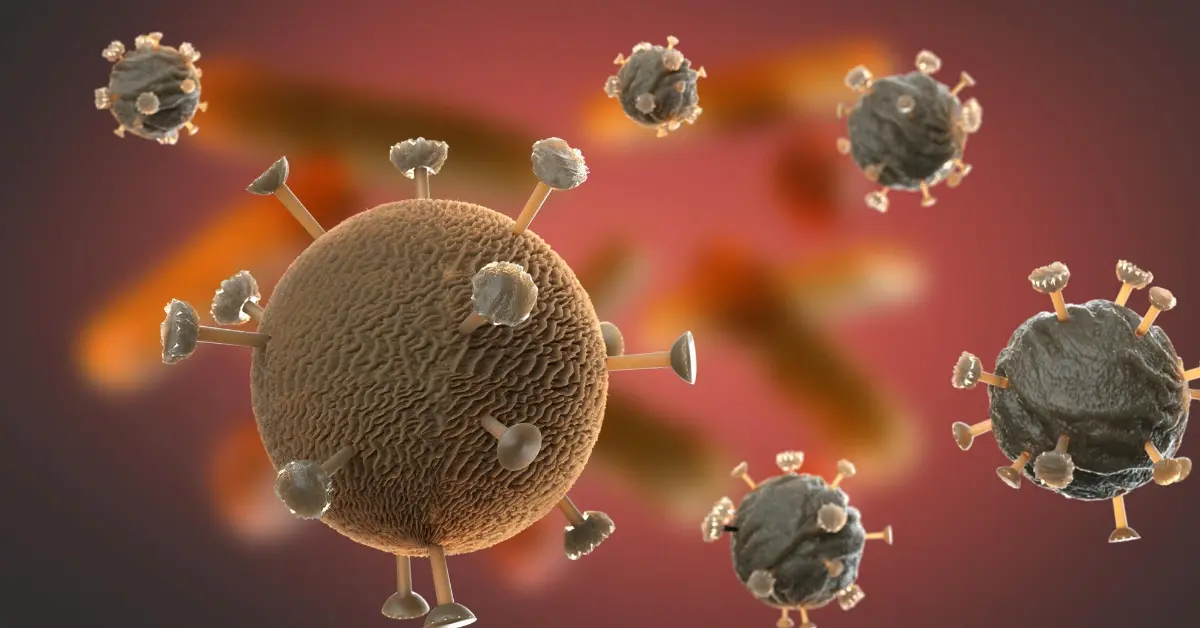The latest study, published in The Lancet Respiratory Medicine, has provided valuable insights into the long-term effects of COVID-19 on patients’ organs and their overall health. Here are the key findings and implications:
- Prevalence of Long-Term Organ Damage: The study shows that longer-term organ damage appears to be relatively common among individuals who were hospitalized with COVID-19. Nearly one-third of these patients displayed abnormalities in multiple organs, even five months after their infection.
- Correlation with Physical and Mental Health: Abnormalities in multiple organs were more common among patients who reported severe physical and mental health impairments after recovering from COVID-19. This suggests a strong connection between multi-organ abnormalities and the severity of Long COVID symptoms.
- Complex Nature of Long COVID: The study challenges the notion that Long COVID can be explained by severe deficits concentrated in a single organ. Instead, it suggests that the interaction of two or more abnormalities in different organs might contribute to the physiological deficits that result in Long COVID symptoms.
- Implications for Healthcare: The findings underscore the importance of preventing COVID-19 infection and the need for comprehensive follow-up care for hospitalized patients. It’s recommended that healthcare providers pay meticulous attention to the health of multiple organ systems, particularly focusing on brain, lung, and kidney health.
- Research Focus: The C-MORE (Capturing the MultiORgan Effects of COVID-19) study, through blood tests, questionnaires, and MRI scans, is investigating the long-term effects of COVID-19 on hospitalized patients. This research approach allows for a comprehensive examination of multiple organs within the same patient.
- Variety of Symptoms: While some symptoms, such as cough or chest tightness, correlated with the visible abnormalities in organ scans, not all symptoms did. This highlights the diverse and complex nature of Long COVID, where symptoms may manifest in ways unrelated to the visibly affected organs.
- Future Therapeutic Targets: The study suggests that studying the interactions between abnormalities in different organs could lead to the identification of new therapeutic targets for Long COVID. This research may help develop more effective treatments for the condition.
- Importance of Multidisciplinary Care: While a minority of COVID-19 patients experience ongoing symptoms, for those with substantial and persistent symptoms, a multidisciplinary care approach is essential. It involves investigating underlying causes, improving diagnostic methods, and tailoring treatments to address specific types of Long COVID syndrome.
Overall, these findings provide valuable insights into the complex and long-lasting effects of COVID-19 on patients’ health, emphasizing the need for continued research, comprehensive healthcare, and support for individuals experiencing Long COVID symptoms. It also validates the experiences of severely affected patients and underscores the importance of thorough physical investigations to identify any organ damage.











